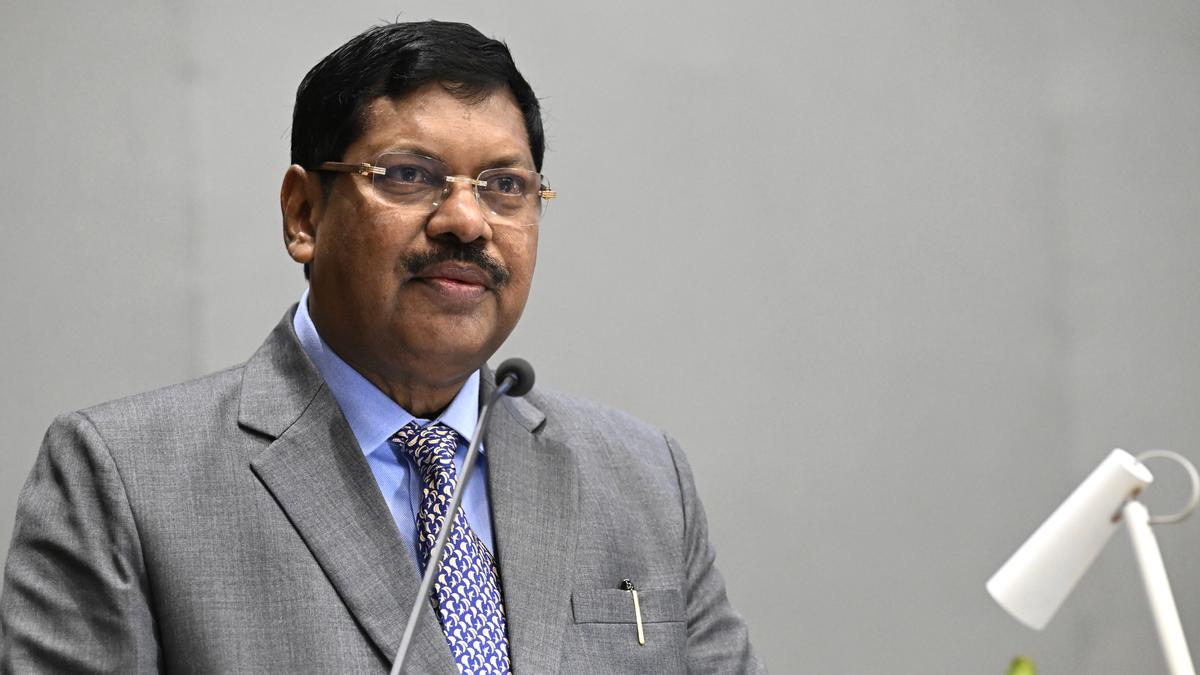Amaravati, November 16, 2025 (PTI): Chief Justice of India (CJI) B.R. Gavai on Sunday strongly reiterated his view supporting the exclusion of the “creamy layer” from the benefits of reservation meant for Scheduled Castes (SCs).
Addressing a program titled “India and the Living Indian Constitution at 75 Years,” Justice Gavai argued that it is fundamentally inequitable to equate the children of an IAS officer with the offspring of a poor agricultural labourer when it comes to availing reservation benefits.
Judicial Stance on Creamy Layer
CJI Gavai highlighted his previously articulated position, which has been subject to criticism, stating, “I also went further and took a view that the concept of creamy layer, as has been found in the judgment of Indra Sawhney (vs Union of India & Others), which is applicable to the Other Backward Classes, should also be made applicable to Scheduled Castes, though my judgment has been widely criticised on that issue.”
He added, “But I still hold that judges are not supposed to normally justify their judgments, and I still have about a week to go (retirement).”
Justice Gavai, the second Dalit to hold the office of CJI, has been a key proponent of this view. In a 2024 observation, he had emphasized that states must evolve a policy for identifying the creamy layer even among the SC and Scheduled Tribe (ST) communities and deny them the benefit of affirmative action. He had earlier reasoned that the exclusion of the affluent from quota benefits would be the only way to achieve real equality.
Constitution as an Evolving Document
During his address, the CJI also spoke about the evolving nature of the Indian Constitution, asserting that it is not “static.” He quoted Dr. B.R. Ambedkar, stating that the Constitution was always considered to be an evolving, organic, and a state-of-the-art living document, evidenced by Article 368 which provides for its amendment.
Justice Gavai acknowledged the transformative power of the Constitution, noting that it had enabled two Presidents from the Scheduled Castes and the current President from a Scheduled Tribe. Reflecting on his own journey, he remarked, “Coming from a humble background from a school, predominantly in a semi-slum area in Amravati, a municipal school, I could reach the highest office in the judiciary and contribute in my humble way to nation building only because of the Constitution of India.”
The event in Amaravati, Andhra Pradesh, was particularly significant as it was the last function he was attending before concluding his tenure as CJI, a journey that began with his first function as CJI in his native place of Amravati in Maharashtra.
CJI’s Retirement and Focus on Social Justice
As the CJI prepares to retire in a few days, his reaffirmation of the ‘creamy layer’ principle for SCs underscores the ongoing national debate on reservation policy and the goal of ensuring that the benefits of social justice measures reach the most marginalized and truly backward members of the reserved communities.




